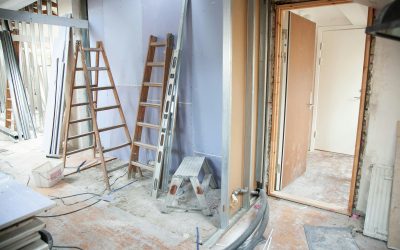Housing and Community Department Initiates Pilot Program to Support Low-Income Homeowners in ADU Improvement
Tucson’s Housing and Community Department (HCD) of Arizona has taken a significant step in supporting low-income homeowners by initiating a pilot program geared towards enhancing their Accessory Dwelling Units (ADUs). ADUs refer to supplementary residential units, such as converted garages or standalone structures, located on properties that are primarily owner-occupied.
Eligibility for this innovative program is determined based on income and location criteria. Specifically, Tucson residents who wish to participate must have a gross annual income that does not exceed 80% of the Area Median Income. This means, for instance, that a three-member family must have an annual income below $49,450, while the limit is $54,900 for a family of four and $59,300 for a family of five.
Furthermore, eligible properties must be located within Tucson city limits, with the homeowner residing on the property in question. The ADU in need of improvements should be either permitted or included in the City of Tucson’s ADU Amnesty Program. Additionally, homeowners must demonstrate that they are in good standing with mortgage and property tax payments.
It’s important to note that the ADU assistance program has set a cap on liquid assets. Specifically, only households with $20,000 or less in liquid assets can avail of the program’s benefits. Those surpassing this asset limit would not be eligible for assistance.
While the program does not provide funding for new construction or complete renovation projects, it does support a range of rehabilitation works to enhance existing ADUs. Such improvements might encompass the installation or replacement of sewer, water, gas, and electrical lines. Upgrades in the kitchen and bathroom areas, along with various site improvements, may also be covered under the program.
Known colloquially as “casitas,” ADUs serve as independent living spaces that have seen a rise in popularity in recent years. They offer an affordable housing alternative, especially in cities where housing costs are steep.
The fundamental goal of the pilot program is to broaden affordable housing options in Tucson, offering benefits not only to qualifying homeowners who are eager to enhance their properties but also providing potential housing opportunities for others.
In conclusion, the HCD is optimistic about the success of this pilot program. If it proves beneficial, the hope is to perpetuate this initiative, thereby continuing to offer crucial assistance to low-income homeowners in the future. This innovative approach could play a pivotal role in addressing housing affordability issues in the city of Tucson.






